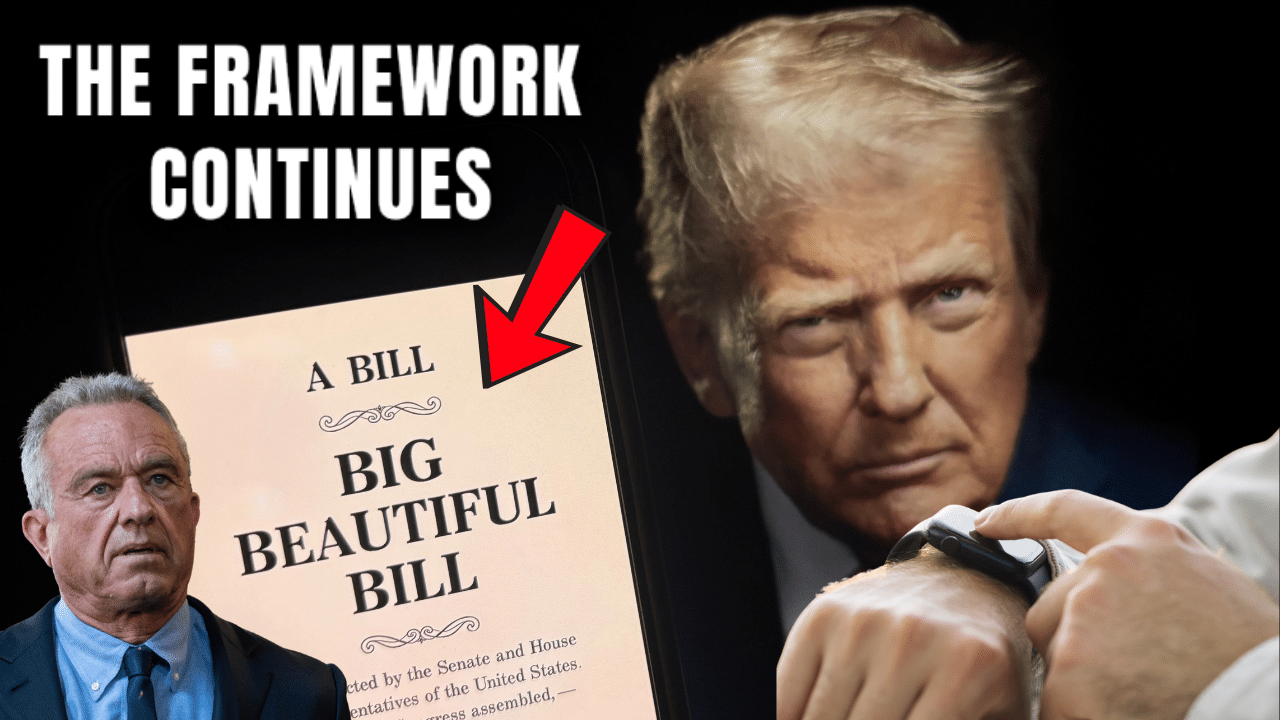Israeli Prime Minister Benjamin Netanyahu has vowed a decisive response to the recent wave of attacks by Yemen’s Houthi rebels, whom he accuses of acting under direct influence from Iran.
The declaration comes amid escalating tensions in the Middle East, where maritime and regional security have come under renewed threat due to the Iran-backed Houthi movement’s continued aggression.
In recent months, the Houthi rebels—officially known as Ansar Allah—have intensified their drone and missile strikes across the Red Sea and into areas of strategic importance to Israel and its allies.
According to Netanyahu, these attacks are part of a broader effort by Iran to destabilize the region and exert control through its network of proxy militias.
Speaking during a press conference in Jerusalem, Netanyahu stated, “Israel will not tolerate attacks on its sovereignty or threats to its citizens.
The Houthis, acting as Iranian proxies, have crossed a red line.” He added that Israel reserves the right to act “forcefully and without hesitation” to ensure the safety of its people and interests.
The Israeli leader’s remarks follow an incident where a drone strike attributed to the Houthis targeted a vessel linked to Israeli interests in the Red Sea, raising alarms over the group’s growing capabilities and boldness.
These developments come as part of a larger pattern of regional unrest, with Iran increasing its influence across Yemen, Lebanon, Syria, and Iraq through its affiliated militias.
The United States and other Western nations have also condemned the Houthi actions and expressed solidarity with Israel.
U.S. officials emphasized the need to counter Iran’s destabilizing behavior in the Middle East, particularly through its support for militant groups like the Houthis, Hezbollah, and others.
Analysts warn that a direct Israeli retaliation against the Houthis—or against Iran itself—could widen the ongoing regional conflict and draw in additional actors, especially amid the ongoing Israel-Hamas war in Gaza.
However, Netanyahu’s government appears resolute, indicating that inaction would embolden adversaries across multiple fronts.
As diplomatic channels scramble to defuse tensions, Israel’s military readiness remains high, and the international community watches closely for the next move.
Whether through direct military action or broader coalition efforts, Netanyahu’s warning signals a potential new phase in Israel’s strategy to counter threats beyond its immediate borders.










